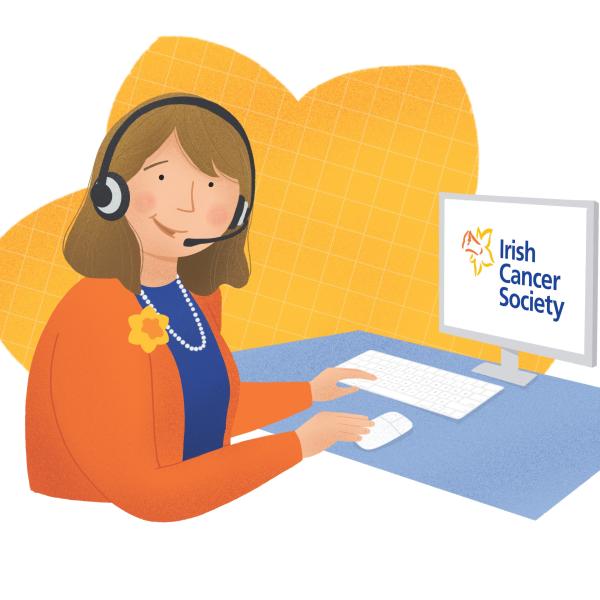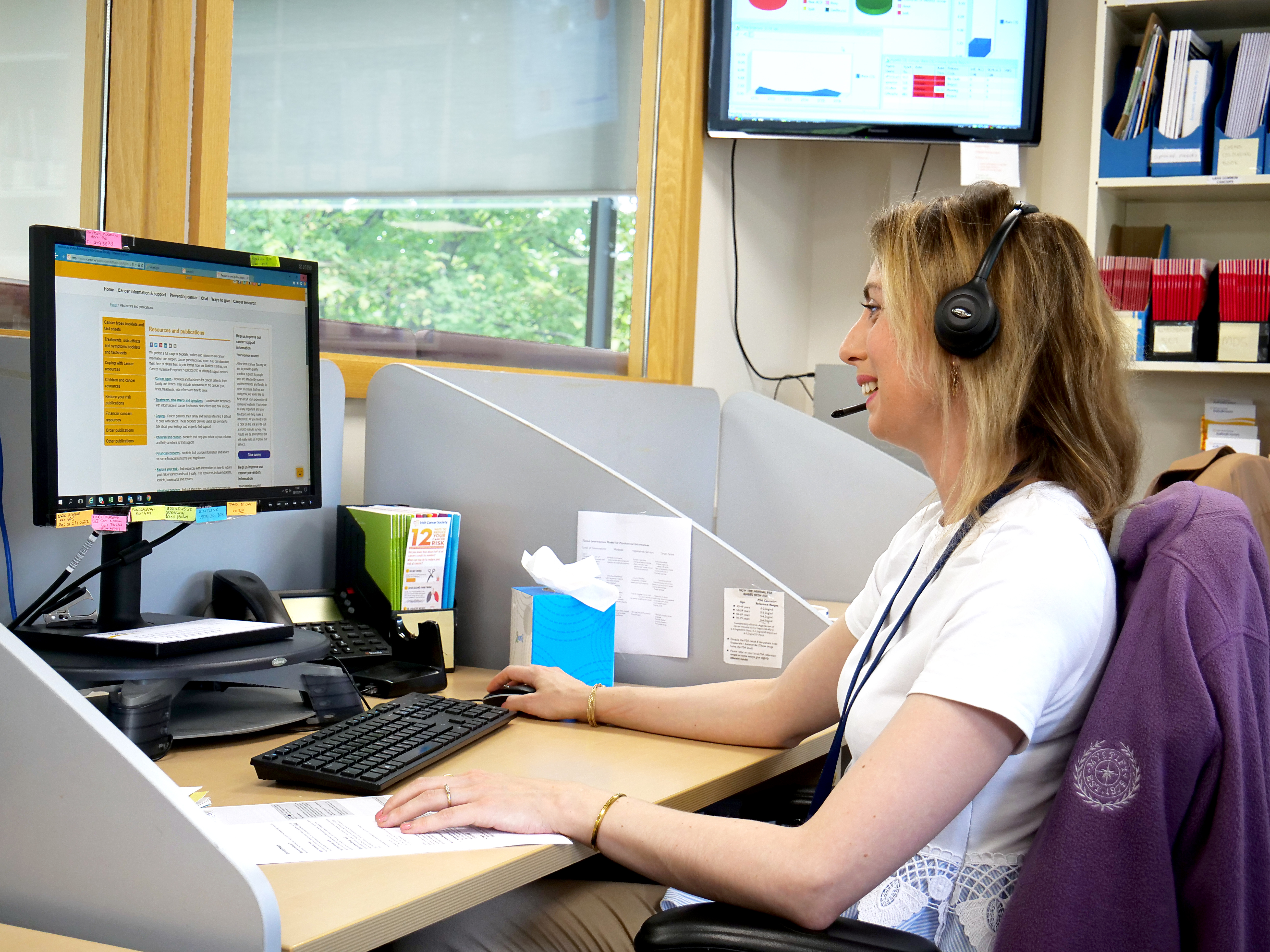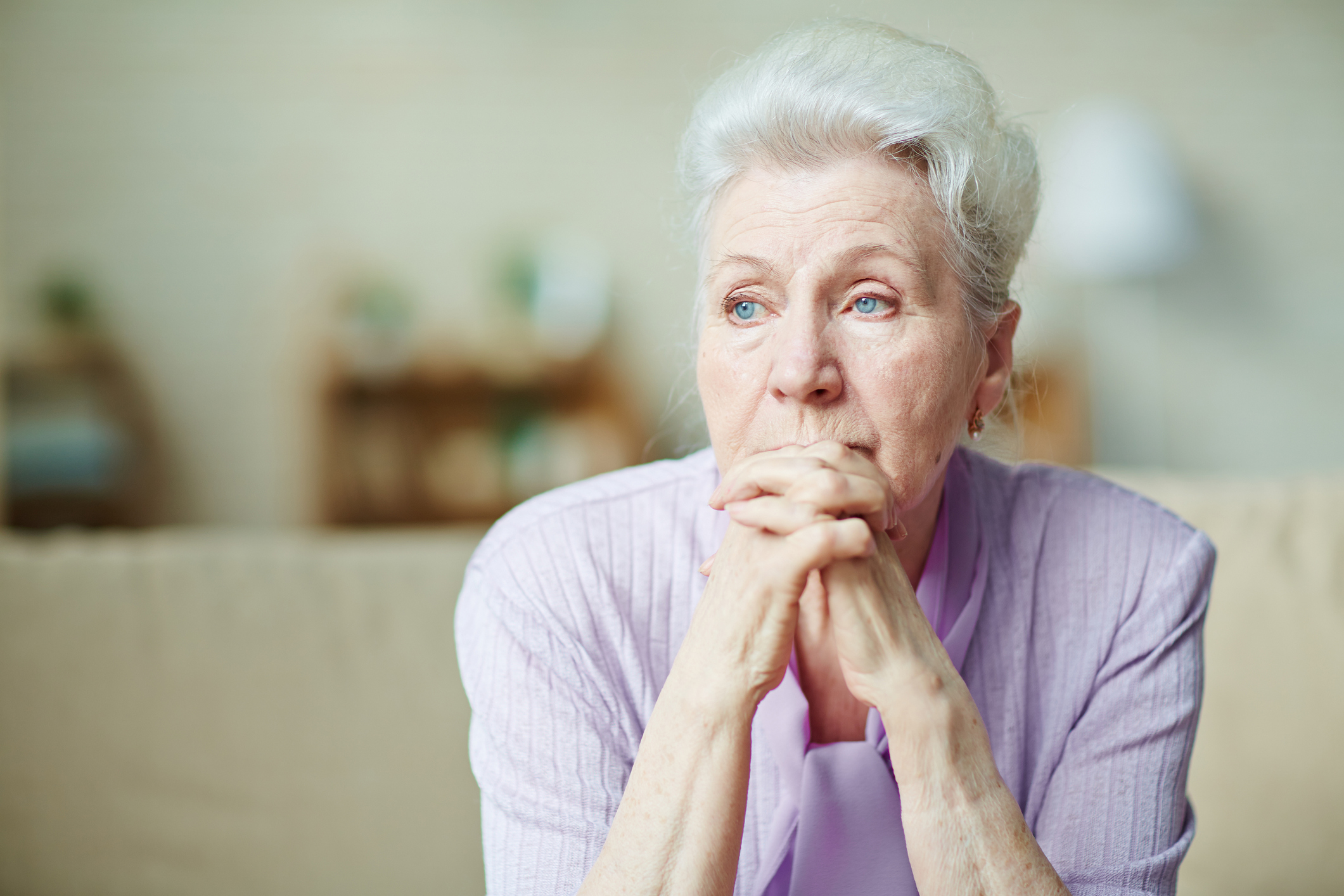Getting a second opinion

Getting a second opinion means seeing another specialist doctor for their view on your diagnosis and/or treatment plan.
Your consultant will talk to you about what they expect to happen with your cancer and propose the best treatment options for you. But you may feel that you want to talk to another doctor before you go ahead with treatment.
Why do people ask for a second opinion?
- Getting a second opinion may help you feel more confident in your treatment plan.
- Some people seek a second opinion if they aren’t satisfied with the information they got from their doctor, or they have not understood what was said. If this is the case it may be helpful to ask for another appointment with your consultant to go through the information again. Or you could speak to another member of the team such as the clinical nurse specialist.
- Some people wonder if there may be other treatment options available. It may be worth asking your own consultant about this and if there are any clinical trials running that you could take part in.
If you feel you would like a second opinion, you can talk to your consultant or GP about this. Doctors are used to patients seeking further information and may be able to refer you to another consultant. Seeking a second opinion will not affect the care you receive, wherever you decide.
You may worry that asking for a second opinion will upset your consultant. But this is unlikely to happen. Doctors often ask for the opinion of a colleague, especially for complex cases.
Some things to consider if you’re thinking about getting a second opinion:
- For most cancers, consultants know all of the possible treatments available to their patients. Your doctor and multidisciplinary team (MDT) use national guidelines and protocols when planning your treatment. If it’s unlikely you will get any extra help or information from a different consultant, this will be explained to you.
- Getting a second opinion may in some cases delay the start of your treatment. The doctor you see for a second opinion will need to gather and review all of the information on your diagnosis and treatment to date, which may take time. If you have a very fast-growing cancer your consultant may advise you to start the recommended treatment as soon as possible.
- If the information you receive from your second opinion is not what you were hoping for it may cause further upset and disappointment. If you are upset or anxious after getting a second opinion, you can call our Support Line or visit a Daffodil Centre for support and information on services and counselling that may help you.
Tip: If you have difficulty when looking for a referral for a second opinion, you can seek advice from the Patient Advisory & Liaison Service at your treating hospital. Your hospital switchboard will be able to transfer you to this service.

If you have any questions or concerns about your treatment…
If you have any questions or concerns about your treatment your consultant is the best person to talk to.
You can also talk to the specialist nurse at the hospital, or talk to one of our cancer nurses. Call our Support Line on Freephone 1800 200 700 or visit a Daffodil Centre. You can email the nurses on supportline@irishcancer.ie.
For more information
Phone
1800 200 700



